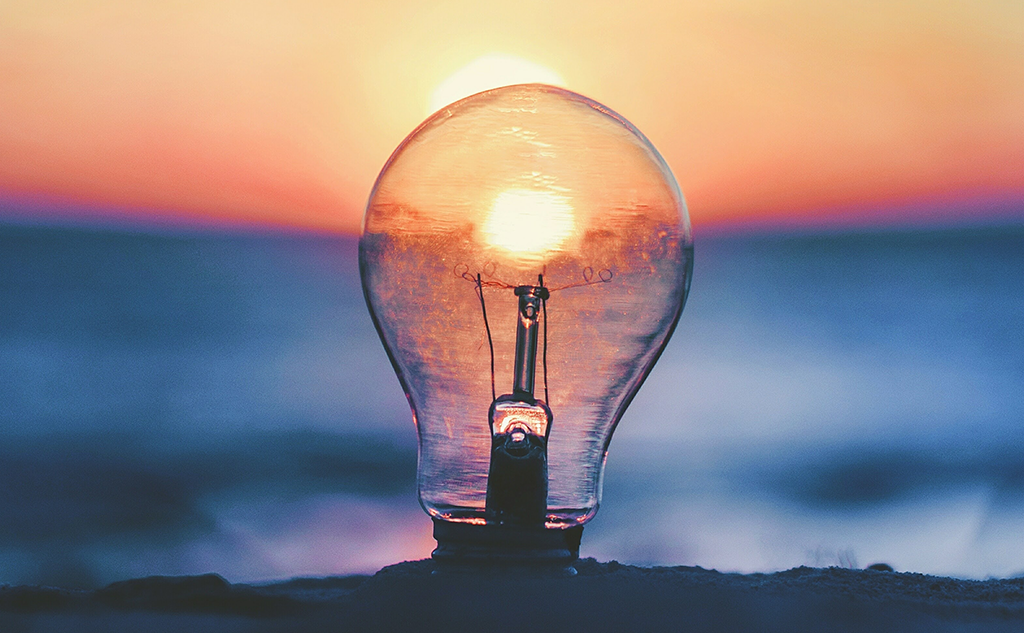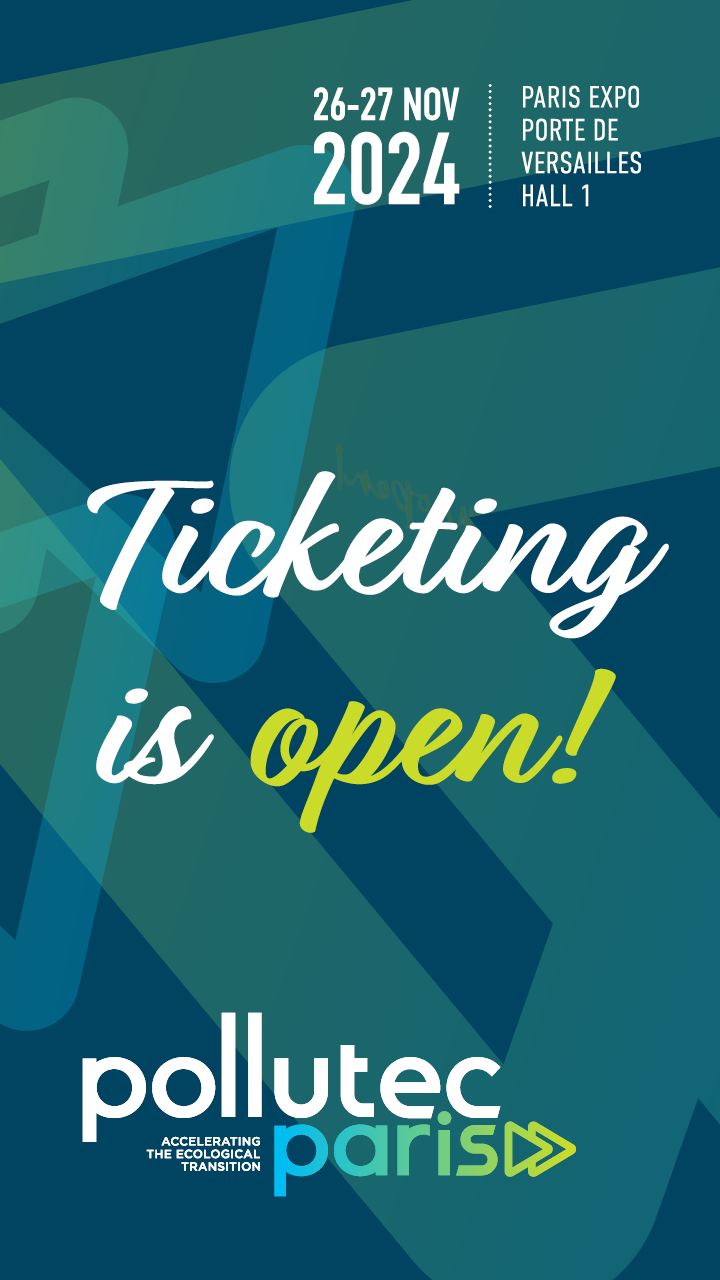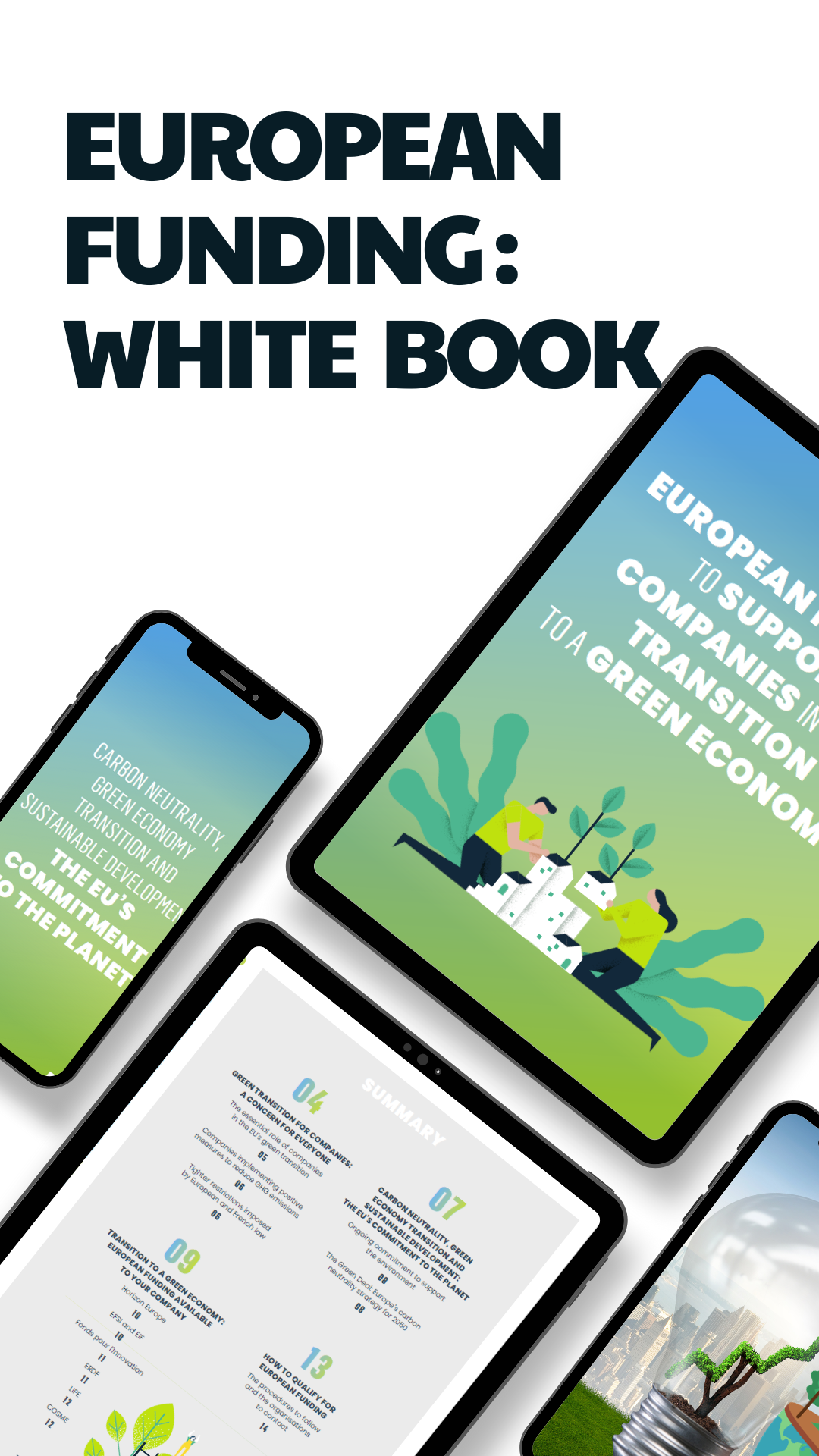The French Tech 2030 programme aims to support emerging players in disruptive innovation to secure economic objectives and priority technologies, crucial to French sovereignty. As part of this, an impressive 125 start-ups were selected in June. Eight of those are Sea Cluster members.
A programme aligned with France 2030
The 125 winners of French Tech 2030 subscribe to the France 2030 framework of priorities and directions, among them the move towards new frontiers in marine, spatial and quantum tech, enhancing production while decarbonising society, and encouraging the third agricultural revolution which will impact the food industry. 52% of them are working on the ecological transition. All will benefit from at least one year of financial, industrial, administrative and international support.
The Sea Clusters winners
These eight winners are members of the Pôle Mer Bretagne Atlantique, the Pôle Mer Méditerranée or both. They address different sectors of activity, from the food industry to maritime surveillance via the decarbonisation of shipping through to the production of hydrogen and renewable energy.
Food industry
Since 2013, Algama has specialised in the creation of micro-algae based food ingredients via special separation and formulation processes. Among other things, the company offers a range of products that replace eggs in numerous applications (bread, cake and pastries), a range that earned them an award during the 7th wave of i-Nov innovation contests, under the “Proteins and ferments of the future” category. The company holds 25 patents in 31 countries, and completed a €13M financing round at the end of 2022. This has enabled it to upgrade to a larger industrial scale which included the opening of its first factory on a 10,000 m2 site in Liège in Belgium.
Decarbonisation of shipping
Ayro has been working on the decarbonisation of maritime transport since 2018, developing a wind hybrid propulsion process. Based on a patented rigid wingsail, Oceanwings allows vessels’ fuel consumption – hence their greenhouse gas emissions – to be reduced by up to 45%. Ayro is involved in the European Whisper project, involving fourteen companies, which aims to combine hybrid wind and solar power with a rigid tilting wing to simultaneously provide propulsion and on-board energy. In so doing, the company plans to extend the field of application of its tilting wingsails: where these were previously designed to power a RORO ferry and a catamaran, now they will be applied to a bulk carrier.
Since 2016, Eolink has been developing a specific design for a floating wind turbine employing a pyramidal tower, which gives it a higher unit power than currently extant solutions. The system is based on the rotation of the entire structure around one fixed point. Eolink will be installing a pre-production floating wind turbine in 2024 on the SEM-REV test site with support from ADEME (€14.9M via France 2030). The company will also be installing one off the Bulgarian coast in the Black Sea as part of the Black Sea fLoating Offshore Wind (BLOW) project supported by the EU, launched this year and aiming to be completed by the end of 2027.
The young company FinX (2019) is developing an electric biomimetic nautical propulsion system. Inspired by the undulation of a dolphin’s tail fin, this motor system uses a flexing elastomeric membrane instead of a propeller to power boats. The long-term goal of FinX is to develop a wide range of propulsors adapted to the full gamut of boating, as well as a number of nautical and maritime applications. In the wake of their successful first boat the Fin5 (5CV, 2 kW), FinX is developing the Fin150 (150CV, 120 kW) which has been selected as a transport solution by France Mobilités for the Olympic & Paralympic Games Paris 2024.
Hydrogen production
Specialising in liquid hydrogen since 2013, Absolut Hydrogen is developing new technologies to design an ecosystem around hydrogen via the design of liquid hydrogen infrastructures, onshore and offshore H2 liquefaction systems offering higher density storage, and liquid hydrogen storage solutions for mobility. It is particularly involved in the Liqhyd project intended to study the integration of a prototype hydrogen liquefaction unit on board the “Farwinder” wind-powered ship, which captures wind energy on the high seas then transforms the speed of the current relative to the vessel into electricity which is then transformed into hydrogen.
Maritime surveillance
XSun designed the SolarXOne back in 2016 and since then it has been manufacturing this solar-powered drone with double supporting wings, capable of flying for 12 hours over 600 km. This silent drone, which takes design inspiration from the dragonfly, offers good aerodynamic performance and captures high amounts of energy through its photovoltaic cells. Its 600 km flight range makes it particularly suitable for the mapping and surveying of large areas over both land and sea, or undertaking surveillance and inspection tasks. Following €5.3M of funding raised at the end of 2022 from several sources, including the EIC Fund, XSun began the commercial development and industrialisation of its solar drone.
Founded in 2015, Unseenlabs specialises in spatial maritime surveillance solutions. Since 2019, it has been deploying a whole constellation of satellites dedicated to the detection of radio frequency signals. Its 9th satellite, launched in the middle of last April aboard SpaceX’s Falcon-9, is entirely dedicated to the detection and geolocalisation of vessels. The data collected allows those involved in the maritime sector to combat illegal fishing, illegal degassing and illegal trafficking in mid-ocean. The company aims to launch up to 25 satellites, allowing revisit intervals to be cut to half-an-hour or so, as against two per day currently.
Other specific applications
Cailabs is a deeptech company specialising in innovative photonic products for transmission in free space, industrial lasers, local networks and telecommunications. They are developing applications in marine optical communication, ship- and submarine-board information networks (particularly to improve speed), as well as in laser welding of hulls to improve output irrespective of plate thickness.
Both Sea Clusters accredited for phase V
As a reminder, at the end of March the government accredited the two global Sea Clusters (Pôle Mer Bretagne Atlantique and Pôle Mer Méditerranée) for the period 2023-2026. Stronger and better-connected ecosystems, stronger action at European level, and support for SMEs and start-ups in their transformation and development in line with France 2030 are among the main directions for this phase V.
Learn more : Maritime innovation flourishing




